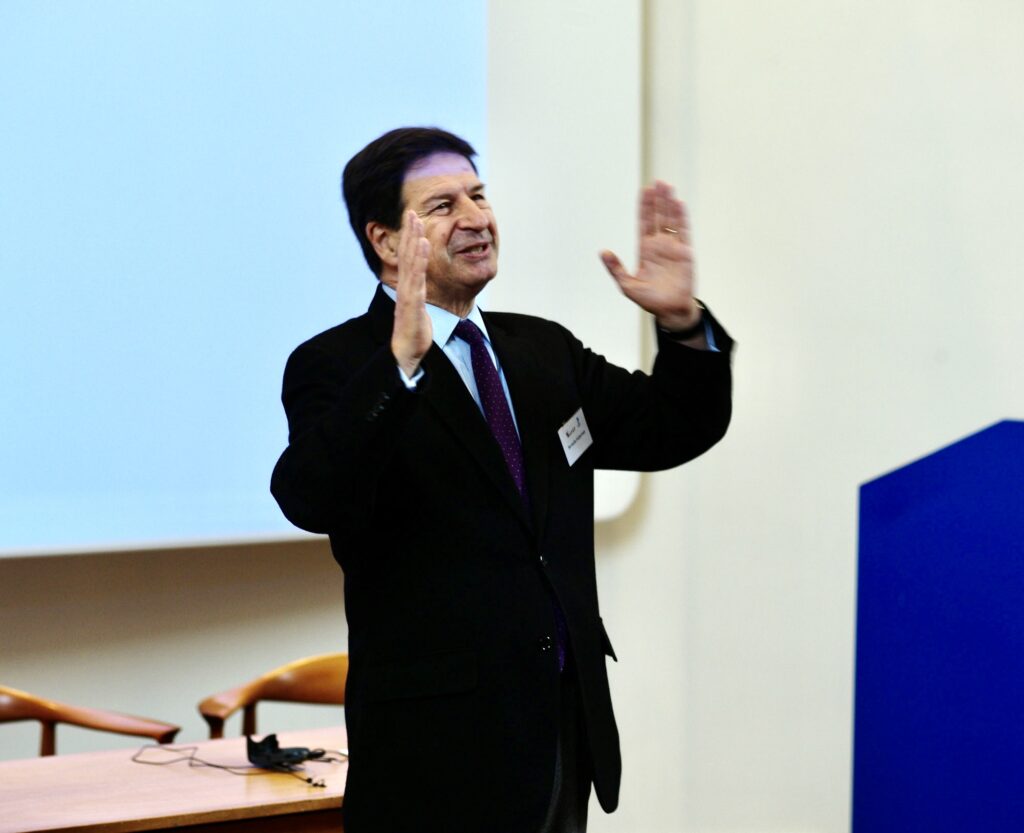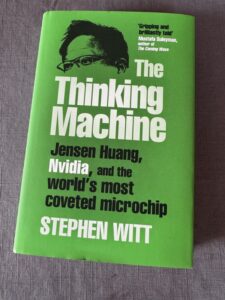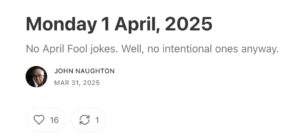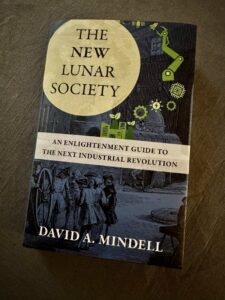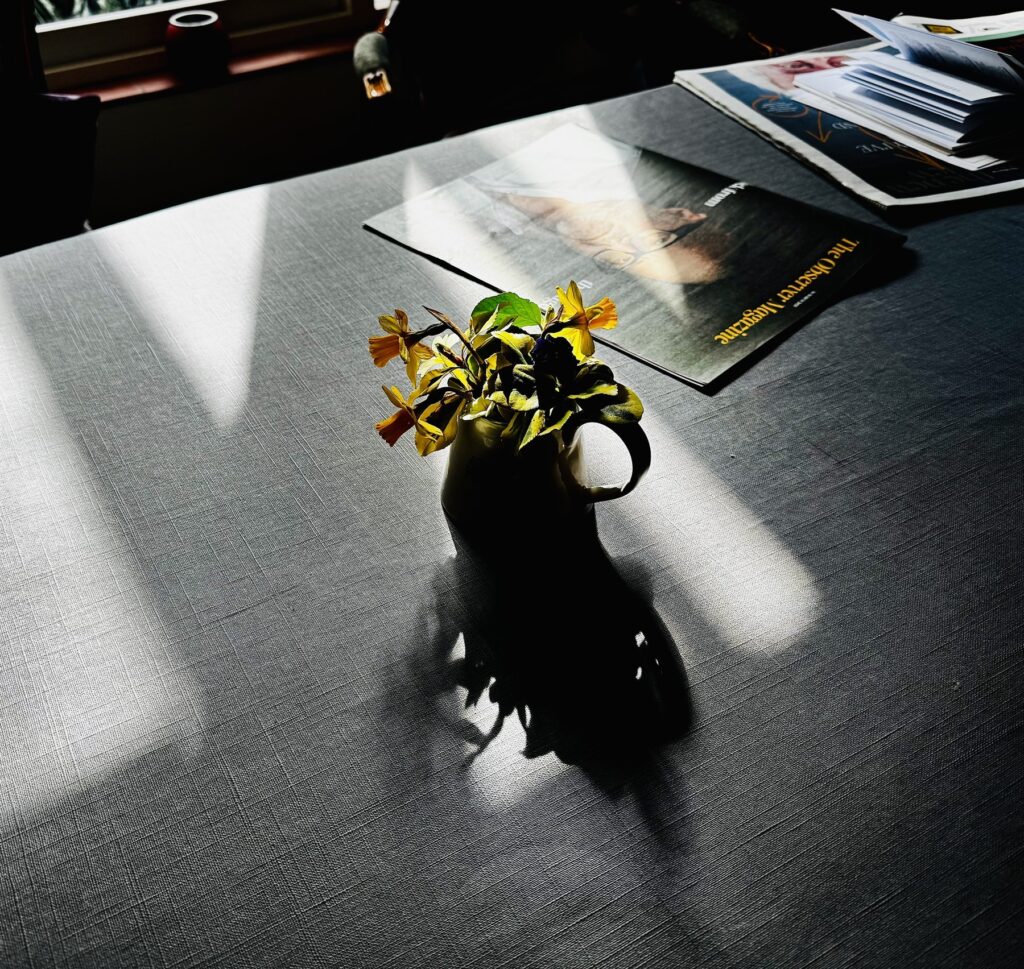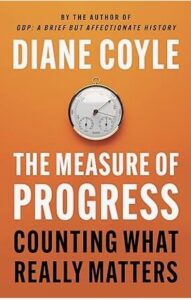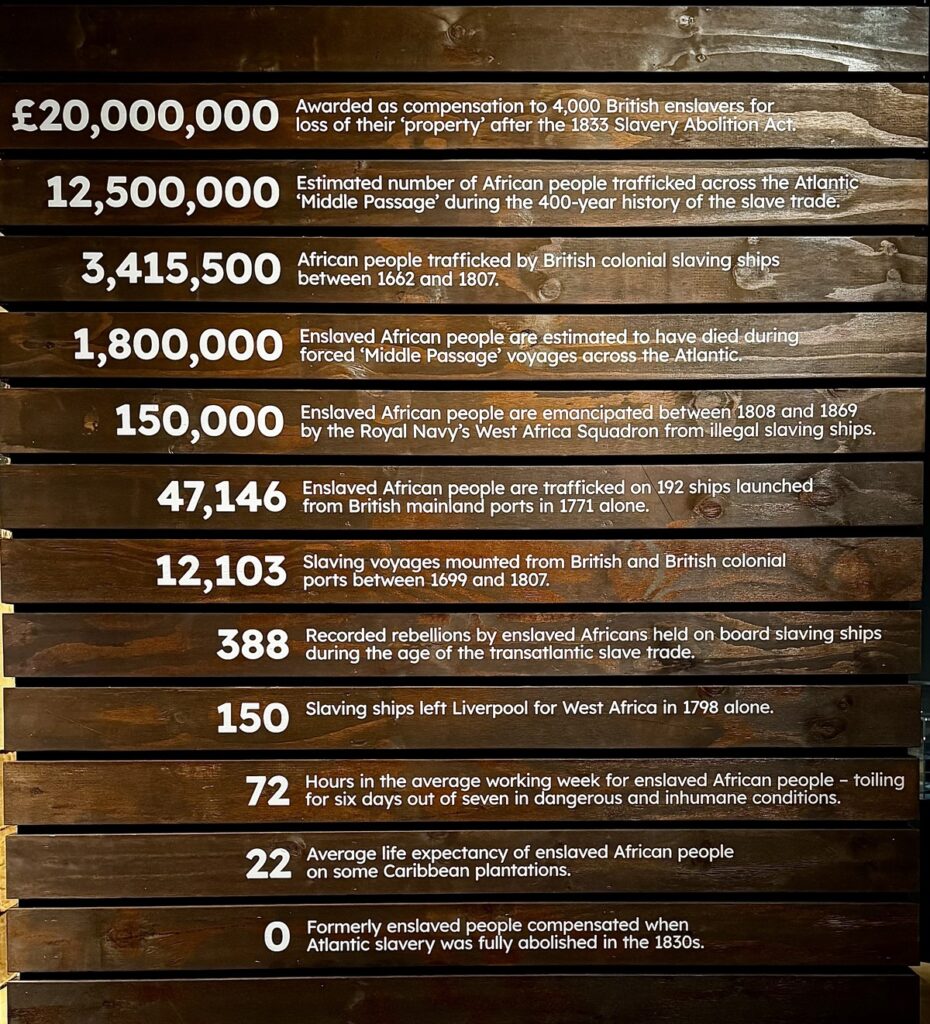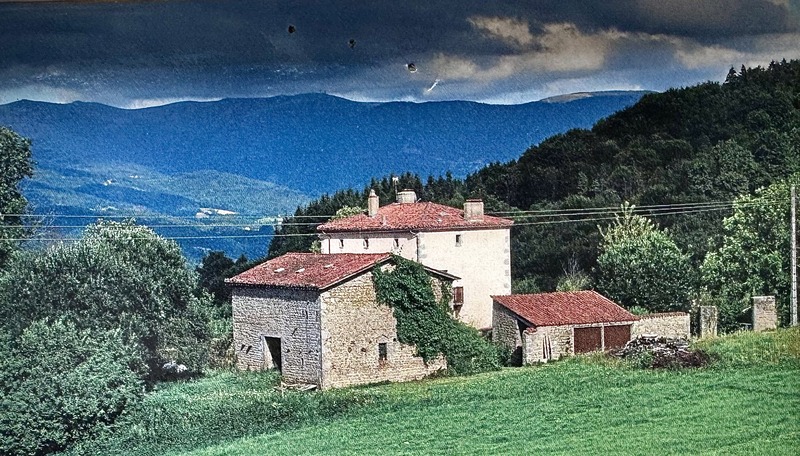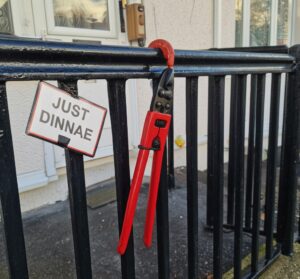Jesus on the Mainline
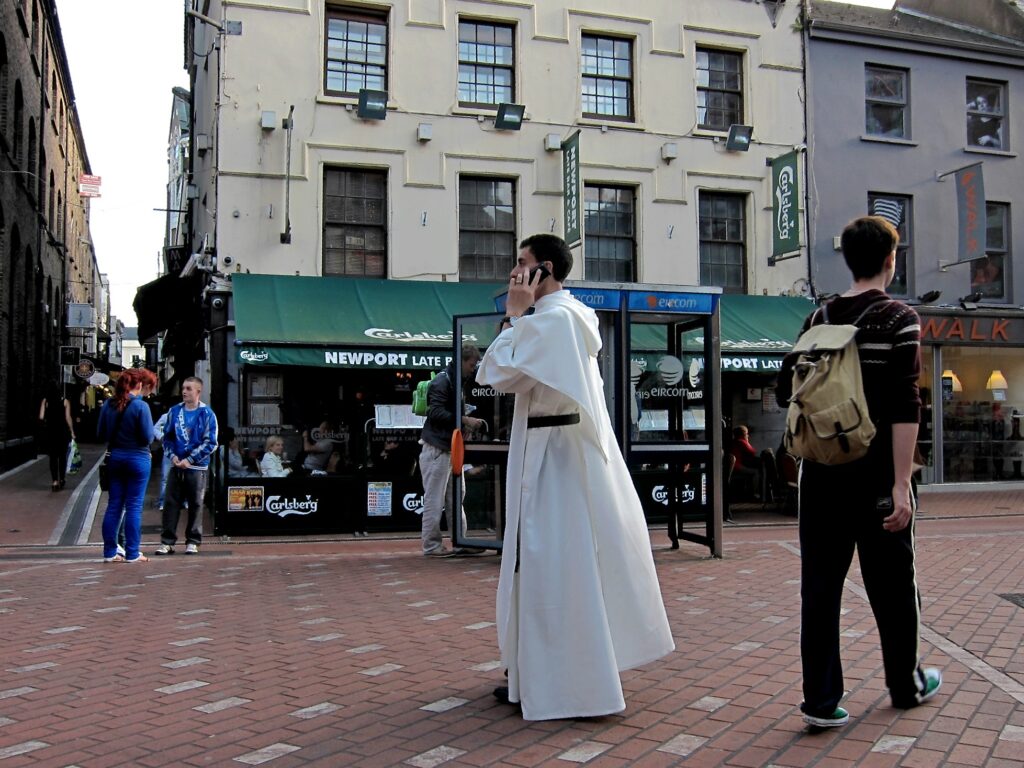
Reminds me of Ry Cooder’s song.
Quote of the Day
”The threat of autocracy advances each day under Donald Trump, and it is a process that hides in plain sight. Some will choose to deny it, to domesticate it, to treat the abnormal as mere politics, to wish it all away in the spirit of ‘this too shall pass.’ But the threat is real and for all to see. No encryption can conceal it.”
- David Remnick, writing in The New Yorker on 7 April.
Musical alternative to the morning’s radio news
John Martyn | May You Never
Long Read of the Day
The Colors Of Her Coat
Absolutely fabulous essay by Scott Alexander on “semantic apocalypses”. Yeah, I know it sounds pretentious and/or incomprehensible, but trust me it isn’t. It explores how we experience wonder, meaning, and beauty in a world where technology constantly makes extraordinary things ordinary.` He starts with an extraordinary disquisition on the colour Ultramarine Blue.
I thought of ultramarine blue. But also, I thought of the first phonographic records. In 1890, hearing Enrico Caruso sing Pagliacci might be the highlight of your life, the crowning glory of a months-long trip to Italy and back. By 1910, you could hear Enrico Caruso without leaving your house. You could hear him twenty times a day if you wanted. The real thing in Naples would just be more Caruso.
And I thought of computer monitors. If you wanted to see Lippi’s Madonna and Child when it was first painted in 1490, you would have to go to Florence and convince Lorenzo de Medici to let you in his house. Now you can see a dozen Lippi paintings in a sitting by typing their names into Wikipedia – something you never do. Why would you? They’re just more Lippi.
And what about cameras? A whole industry of portraits, landscapes, cityscapes – totally destroyed. If you wanted to know what Paris looked like, no need to choose between Manet’s interpretation or Beraud’s interpretation or anyone else’s – just glance at a photo. A Frenchman with a camera could generate a hundred pictures of Paris a day, each as cold and perspectiveless as mathematical truth. The artists, defeated, retreated into Impressionism, or Cubism, or painting a canvas entirely blue and saying it represented Paris in some deeper sense. You could still draw the city true-to-life if you wanted. But it would just be more Paris.
Scott’s essay triggered all kinds of personal memories. Of the way Raymond Williams described his father as the kind of person who was always surprised when he turned a switch and the kitchen light came on. My grandfather was a peasant farmer in Connemara and he would have felt that too because electricity only reached his house late in his life. Or what I felt when I first read Walter Benjamin’s essay, “The Work of Art in the Age of Mechanical Reproduction”. Or Max Frisch’”s observation that “Technology is the art of so arranging the world that we don’t have to experience it.”
Hope you enjoy it as much as I did.
My commonplace booklet
Alex Tabarrok had a nice blog post about the suspicions that Trump’s initial tariff levels were actually generated by ChatGPT or an equivalent LLM.
Alex thought that the White House staff should have asked the AI a different question:
Suppose the US imposed tariffs on other countries in an effort to reduce bilateral trade deficits to zero using the formula for the tariff of (exports-imports)/imports. What do you estimate would be the consequences of such a policy?
So he put it to OpenAI’s o1Pro, which came up with a pretty sensible analysis and a good conclusion:
In summary, a bilateral “deficit-equalizing” tariff policy would create severe distortions, invite retaliation, and do little to fix the structural causes of US trade deficits. Empirical evidence and standard trade theory both suggest it would reduce economic efficiency and likely harm US producers and consumers alike.
This Blog is also available as an email three days a week. If you think that might suit you better, why not subscribe? One email on Mondays, Wednesdays and Fridays delivered to your inbox at 5am UK time. It’s free, and you can always unsubscribe if you conclude your inbox is full enough already!

